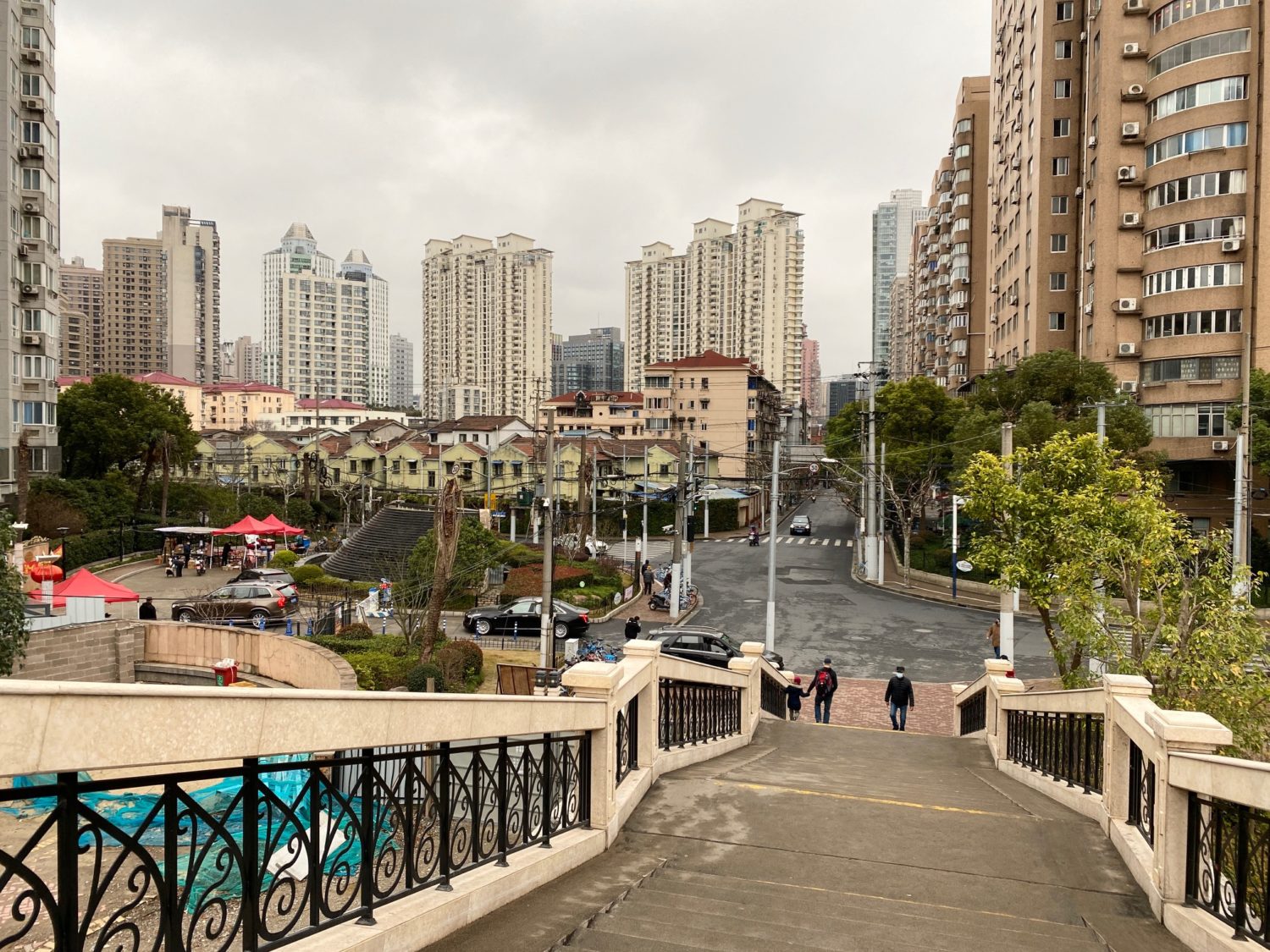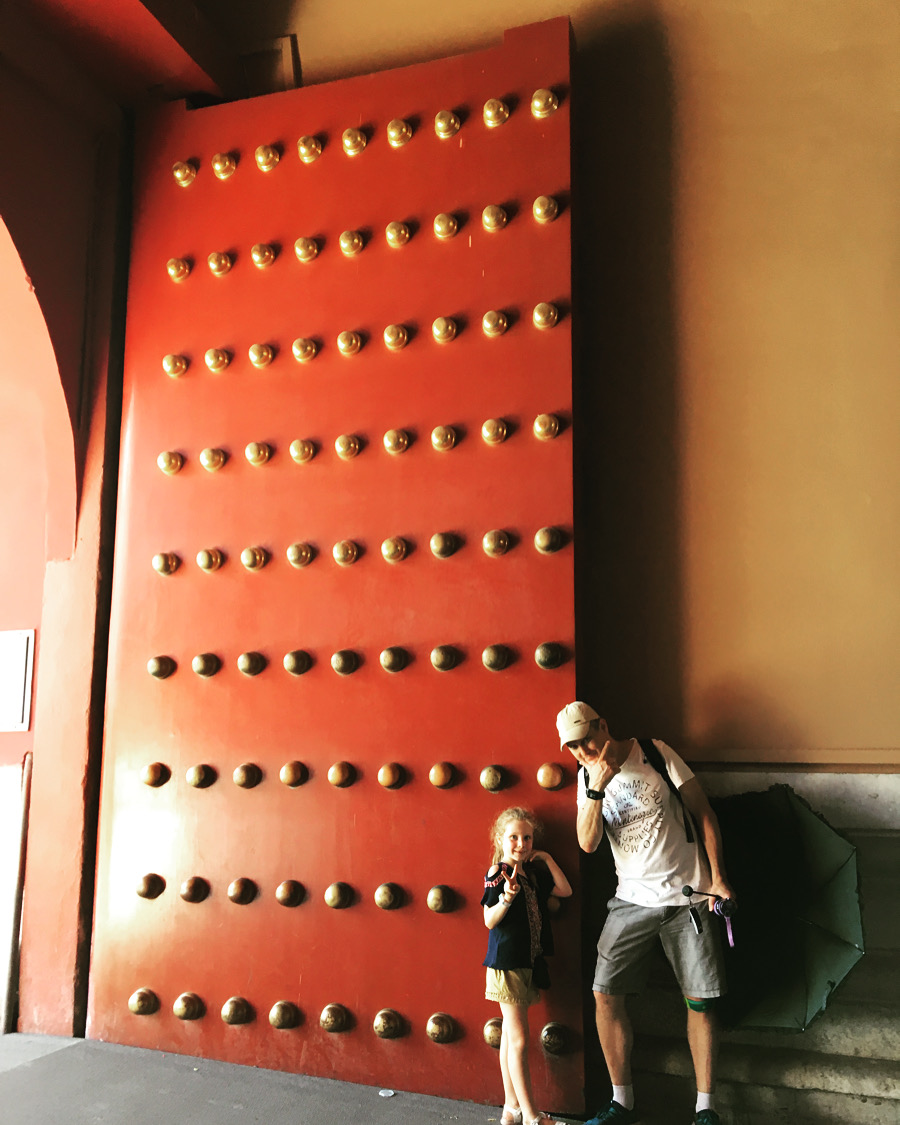Updated January 15, 2023
Chinese New Year 中国新年 (zhōng guó xīn nián), commonly called Lunar New Year and Spring Festival, is rich in symbolism and tradition stemming from folklore. It is rooted in the celebration of spring and marks the transition between zodiac signs.
When is Chinese New Year?
The date of Chinese New Year differs from year to year as it follows the lunar calendar. This year we celebrate Chinese New Year on Sunday, 22nd January 2023. On this date, we welcome the Year of the Rabbit.
According to Chinese belief, the Rabbit symbolises longevity, peace and prosperity.

For how long do the festivities last?
Often called Spring Festival, as it marks the beginning of spring, the holiday is traditionally celebrated for 15 days. It begins on the first new moon of the year. The celebrations continue for 15 days as the moon grows full, ending on the 15th day with the Lantern Festival.
Why do so many people travel during Chinese New Year?
These days, no matter where they are in the world, family members are expected to return home to celebrate Chinese New Year with their loved ones. As a result, Chinese New Year travel, known as Chunyun 春运, is the largest annual human migration on earth. This year, the Chinese government estimates 2.1 billion people will travel domestically by air, land or water over the 40-day lunar new year travel period.

The legend of the Nian
Many modern-day Chinese New Year customs trace back to a mythological beast known as the Nian, or Winter Monster.
According to legend, the Nian lived in the mountains. By the end of winter, having no food to eat, the Nian would descend on the towns and eat the livestock and villagers, and particularly liked eating children.
The villagers dreaded the return of the Nian each year and, over many years, discovered the monster feared fire, the colour red and loud noises. The villagers hung red lanterns in their windows and doorways, made loud noises by beating drums and left offerings of food in front of their home so the Nian would not enter.
Eventually, a Taoist Monk captured the Nian. From then on, it became customary to celebrate the Nian's capture and banishment by hanging red lanterns, setting off firecrackers and fireworks and enjoying an abundance of food with family.

What customs and traditions do people observe during Chinese New Year?
In the lead-up to Chinese New year, people buy new clothes, shop for presents to give to their family and cook for the upcoming celebrations.
New clothes
It is customary to wear new clothes on new years day to symbolise a fresh start. And wearing new red clothes is even better. The colour red scares away evil spirits and is therefore considered lucky.

Housecleaning
A lot of effort goes into cleaning homes, businesses and roads to wash away bad luck and to start afresh in the New Year.
Hanging lanterns and banners
Each year red lanterns are hung in the streets, from trees, in public buildings and out the front of homes. Red is the most dominant colour used for decorating as it is considered especially lucky. Gold is also prominent and is said to bring wealth.

It is common to see red banners called 'couplets' pasted on the front door of homes and apartments.
Couplets are hand-painted with characters to wish people a prosperous New Year and to welcome the New Year into the house through the front door.
2023 is the Year of the Rabbit, so pictures of rabbits will feature prominently on many of the decorations.

Foods to eat during Chinese New Year
On New Year's Eve, families gather together for the 'reunion dinner' 团年饭 (tuán niánfàn), considered the most important meal of the year. The types of food eaten at the reunion dinner and throughout the festival are also very symbolic.
Steamed Fish
A whole steamed fish 蒸鱼 (zhēng yú) symbolises surplus and wealth because the Chinese word for fish 鱼, yú, sounds the same as the word for surplus 余, yú.
Noodles
Longevity Noodles 长寿面 (chángshòu miàn) are not noodles (plural). It is one long noodle eaten during Chinese New Year to symbolise long life. It is essential not to cut the noodle before eating it as this represents cutting a life short. Longevity noodles are also a typical food eaten for birthdays.
Spring Rolls
Have you ever wondered why a Spring Roll 春卷 (chūn juǎn) is called a Spring Roll? Wonder no more. Spring rolls are traditionally eaten on the first day of spring (New Year's Day) to celebrate its arrival.

Dumplings
Dumplings 饺子 (jiǎozi) are another food served at the reunion dinner. The name for dumplings, 'jiǎo', also sounds like the word exchange 交换, jiāohuàn. Therefore dumplings symbolise the exchange between the old and the new year.
Whole Steamed Chicken
A whole steamed chicken 蒸鸡 (zhēng jī) represents reunion and rebirth.
Rice Cakes
Nián gāo 年糕 translates to 'year cake' and is a symbol of prosperity. These days, rice cakes are available all year round, but they are still considered a special treat for the festival.
Hot Pot
A relatively simple dish, hot pot 火锅 (huǒ guō) is also commonly eaten for the new year meal. In the centre of the table is placed a pot of boiling broth along with dishes of fresh vegetables, thinly sliced raw meats and sauces. Each person cooks their meal by dipping the meat and vegetables into the broth.
Welcoming in the new year on Chinese New Year's Eve
On the eve of Chinese New Year, families enjoy their reunion dinner, play games and watch the New Years Gala TV special. At midnight, it is customary to open all the doors and windows and make a lot of noise.
People beat drums and set fire to firecrackers and fireworks. Doing this scared away evil spirits to ensure a good start to the new year.
(Note: Fireworks were banned in Shanghai in January 2016 to reduce air pollution.)
New Year's Day
It is tradition to honour one's elders on the first day of the New Year by visiting, and paying respect, to the oldest family members.

Gifting Hongbao
Hongbao 红包 (hóng bāo) (red envelope/packet) is a popular gift given out at Chinese New Year, as well as for weddings, birthdays and other special occasions. It is customary for older family members and friends to give Hongbao to children and younger family members. It is also common for employers to gift their employees Hongbao.
Giving Hongbao in a red envelope is still the most common practice. However, in recent years, it has become common for young people to share red packets via WeChat.
Generally, a bank trip is required when gifting Hongbao, as the Hongbao should contain new banknotes, as giving old banknotes is considered bad manners.
The amount gifted in a Hongbao depends on several factors; how close the family member/friend is, your position at work and how important you feel the colleague/employee is. Denominations with the number eight are preferable as the number eight is considered a lucky number.
Never give an amount containing the number four. The number four in Chinese 四 (sì) is similar to 死 (sǐ), which means death.
The Lion Dance
In Chinese custom, the lion is considered an auspicious animal. Lions symbolise power, wisdom and superiority. I'm sure you've seen the stone lions at the entrances of many buildings and homes. They act as guardians and protect against evil spirits.

During Chinese New Year, performing lion dances is considered to bring good fortune in the new year.
The Lantern Festival
The Lantern Festival 元宵節 (yuán xiāo jié) marks the final day of the Chinese New Year celebration and falls on the 15th day of the new year when the moon is full.

This year, we celebrate the Lantern Festival on Sunday, 5th February. On this day, it is customary to spend time with family and friends and eat tāng yuán 湯圓, chewy glutinous rice balls, in soup.
In Shanghai, thousands of people visit the old town at Yuyuan Gardens 豫园 during the Lantern Festival. They go to see the lantern display and visit The City God Temple 城隍庙 (chéng huáng miào).
When visiting the lantern display, be prepared for the crowds of people.

Chinese New Year taboos
Now that I have told you everything you 'should' do for Chinese New Year, it is essential to mention the 'do nots'.
Chinese people traditionally believe that how you start the new year will affect your whole year. An excellent start to the new year will likely impact your entire year positively. A bad start to the year? Well, you can guess how that story goes.
It is advisable not to wash your hair on new years day as it is said to wash away good fortune. And don't get a haircut on the first day of the new year because scissors and knives cut your wealth.
You're in for a rocky year if you do any of the following during the 15-day Lunar Festival;
- Crying brings bad luck
- Sweeping is said to sweep away wealth
- Don't make or eat porridge, as it brings poverty
- No lending or borrowing of money as it leads to debt
- Breaking dishes brings lousy luck
- Avoid using unlucky words such as death, ghost, sickness and break.

What may we hope for in the Year of the Rabbit?
The last few years have not been easy for any of us. In 2021, we had to channel the tenacity of our Ox friends to remain steadfast and persevere, and in 2022, we drew strength and bravery from our Tiger friends.
In 2023, may our Rabbit friends grant us inner peace and intuition so we may once again hope for a bright future.
Xīn nián kuài lè 新年快乐 - Happy New Year!



What a comprehensive and beautiful way to capture the Chinese culture. I look forward to reading more!
Hi Lindsey, thank you for you message! I’m glad you enjoyed the post 🙂